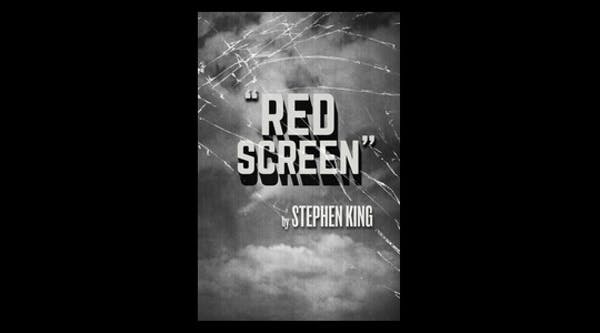Stephen King
-
Get This Never-Before-Published Stephen King Short Story ($5 Only!)
Stephen King fan? This is something you don’t want to miss. A…
-
Stephen King on Writing and More
A sampling of writing advice from Stephen King. Why not learn from…
-
Writers are Weird: Writer's Routines (Part One)
Sorry, but it’s the truth. Most are weird good, the type of…

